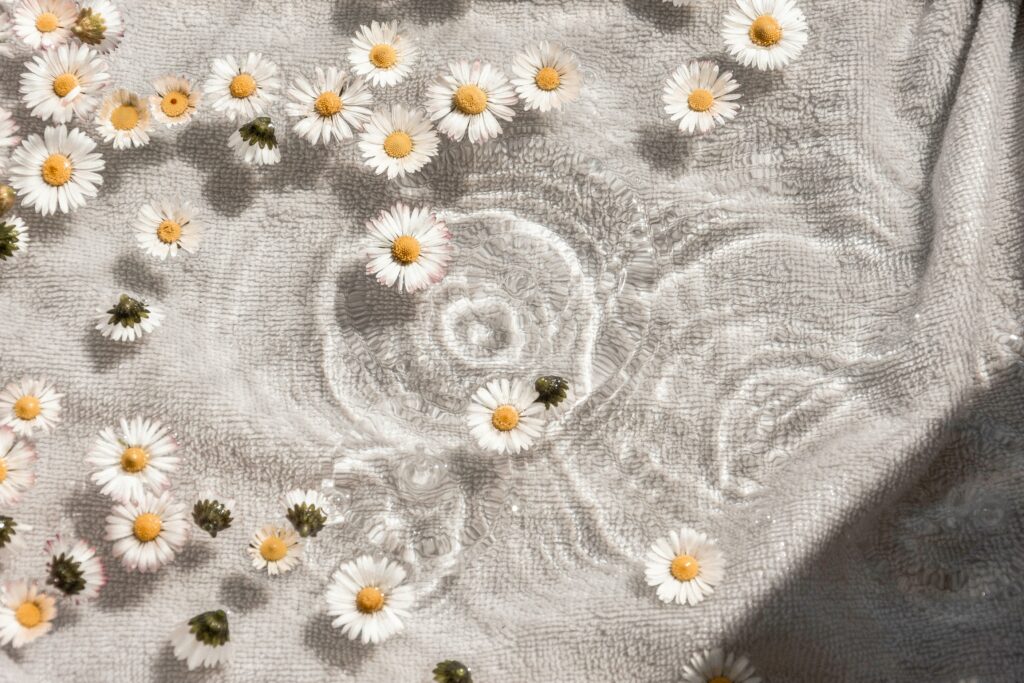
Mental blocks, mental blocks, mental blocks…
This phrase seems to come up OFTEN in gymnastics. I’ve wondered what the biggest contributor to why this occurs around the same age and increase in level. It comes around just like clockwork however, it can be worked through with the help of mental skills and educating parents, coaches and gymnasts on several factors that can contribute to a mental block.
Some responses I have gotten:
“I don’t understand why they can’t just “go”?
“My gymnast had her skill for years and then all of a sudden, she can’t do it.”
“I feel like my gymnast is going backwards in gymnastics.”
“I get so frustrated because I’ve tried everything and don’t know how to help them.”
“This mental block shouldn’t be happening. She’s a level 9 gymnast and shouldn‘t be struggling with this.”
As much as having a simple answer for parents, coaches, and gymnasts would be nice, it’s not realistic. Why? Everyone is human and we all have different ways we view our world, process emotions, react to trauma, etc. Each athlete is a person first, therefore, framing how you view them and this challenge through that lens can be a great start to helping your gymnast. With that in mind, let’s explore some ways through which you can support them.
- Developmental Lens:
- From the age of 7-12, boys and girls are in this stage are increasing their awareness of what ‘success’ looks like to them and what it means to be ‘competent’ in their sport, social groups and life
- Ages 13-18 years boys and girls are figuring out ‘who they are’ and how a strong identity can help to establish their future purpose in life as they move into their adult years
- Point being, these gymnasts are quite literally growing in all capacities -physically, mentally, spiritually, or emotionally.
- Being told what they are experiencing as a mental block is completely normal can help them during this time to feel supported. Even if you don’t understand what they’re going through, try to avoid language that ‘confirms’ how they might feel about themselves (ie. like something is wrong with them)
- Reframe the language you use and help them change how to view the issue
- Ex: “This is an opportunity to work with your brain and help it to understand it’s safe. We are looking at this as a way to learn about ourselves and how to work through challenges in life. The goal here is to grow as a person and enjoy gymnastics.”
- Emotional Lens: In regards to the development of your gymnast physically, there is an emotional component to ‘mental blocks’ as well
- Your gymnast may not know how to regulate their emotions in a healthy way and could end up shutting down, reacting to something before thinking, or going numb to the emotion altogether
- The emotion wheel is a great first step and tool to help your gymnast talk about different types of emotions and help them to put a name to it versus them being these ambiguous feelings in the body they may quite not understand
- Emotions also arise physically in the body including trauma. This is where I would begin the practice of connecting the body to the mind through the wonderful practice of progressive relaxation or tension mapping
- Mental Lens:
- What is going on with the gymnast right before they perform their skill? Do they speak to themselves? If so, is it positive, neutral, or negative? Are they thinking about all the ‘what ifs’ before they do the skill? Do their thoughts fully connect with their actions or not- “I know I can do x, y, or z, yet my body ‘won’t go’.”
- These essentially tell me that they are needing to try some mind-to-body training to help their brain communicate with their body effectively
- Some examples of a mind-to-body technique can be mindfulness or meditation
Try some of these with your gymnast and see how their mindset changes from a ‘block’ to an opportunity for growth. These skills are not an exhaustive list. If you’re wanting to learn more about the mental skills I teach and how I can help you, your gymnast, or you as a coach, send me a message at kelsey@unchainedmpc.com or fill out my contact form. Mental skills can be taught across all sports and in different arenas such as business, performance arts, or even how to level up in life.
Let me know if you try any of these skills!
With Gratitude and Love,
Kels

Be The First To Comment